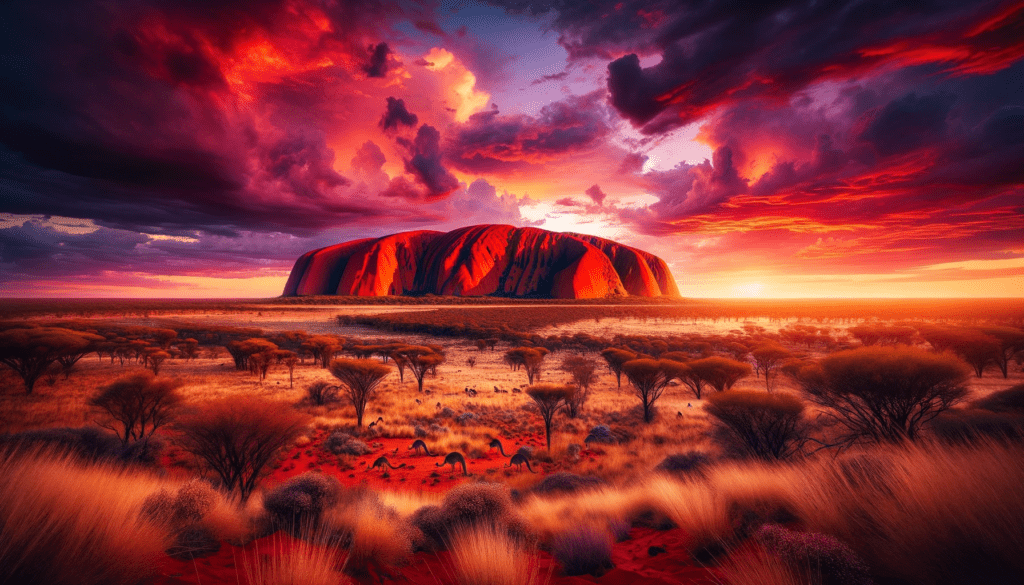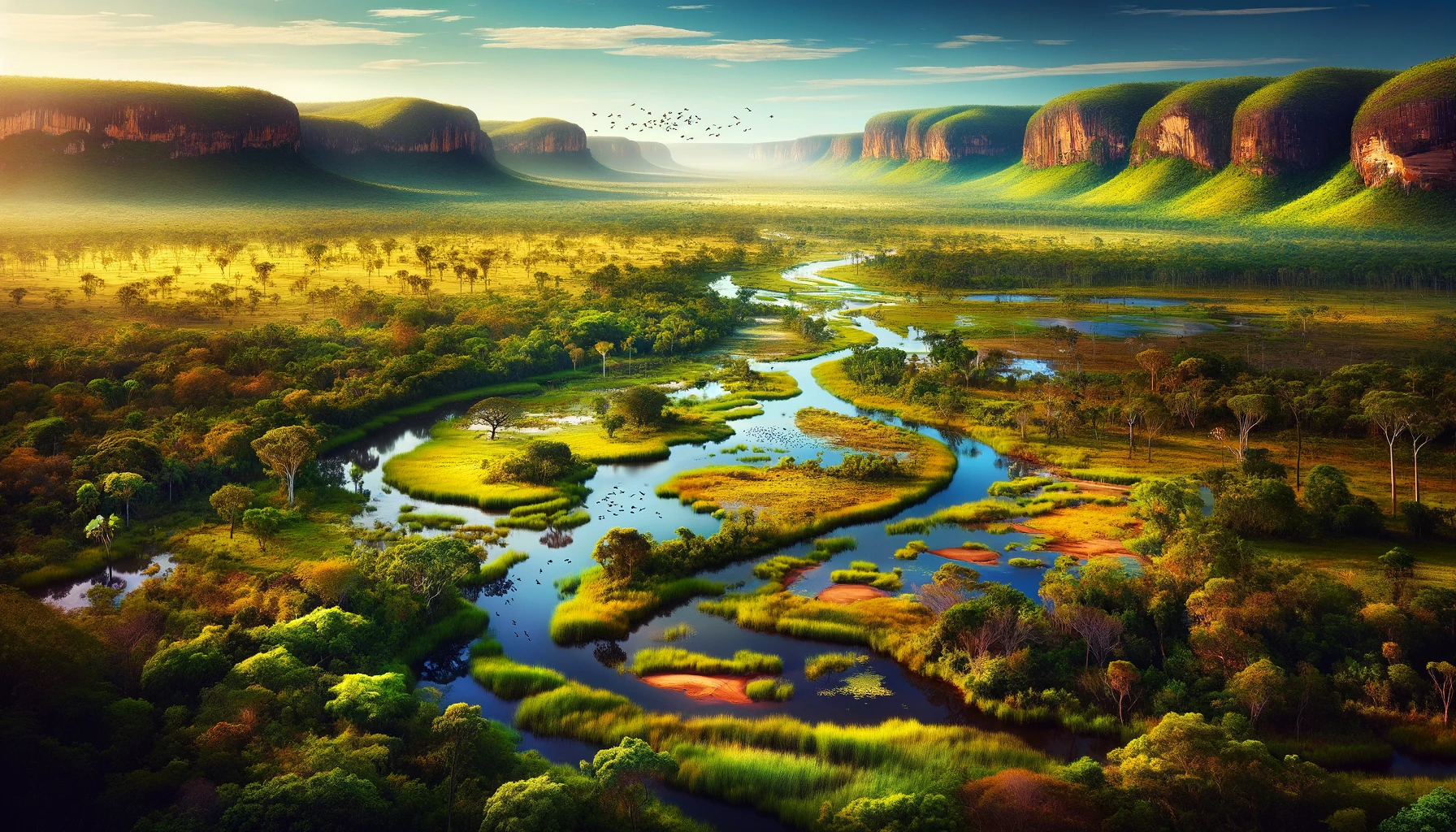The Northern Territory is a region of immense natural beauty and cultural richness, with a strong Indigenous heritage. It faces unique challenges but also holds significant potential for sustainable development and cultural preservation.
List of Public Holidays Northern Territory 2025
- May Day is on 5th May, Monday.
- King’s Birthday is on 9th June, Monday.
- Alice Springs Show Day is on 4th July, Friday. Regional observance only
- Tennant Creek Show Day is on 11th July, Friday. Regional observance only
- Katherine Show Day is on 18th July, Friday. Regional observance only
- Darwin Show Day is on 25th July, Friday. Regional observance only
- Picnic Day is on 4th August, Monday.
- Borroloola Show Day is on 15th August, Friday. Regional observance only
List of National and Public holidays in Australia for the year 2025
- New Year’s Day is on 1st January, Wednesday.
- Australia Day is on 27th January, Monday.
- Good Friday is on 18th April, Friday.
- Day following Good Friday is on 19th April, Saturday.
- Easter Sunday is on 20th April, Sunday.
- Easter Monday is on 21st April, Monday.
- Anzac Day is on 25th April, Friday.
- Christmas Day is on 25th December, Thursday.
- Boxing Day is on 26th December, Friday.

Additional public holidays declared by the state and territory governments:
- New South Wales
- Northern Territory
- Queensland
- Western Australia
- Tasmania
- South Australia
- Viktoria
- Capital Territory
History
- Indigenous Heritage: The Northern Territory has a rich Indigenous history, with Aboriginal peoples inhabiting the region for over 65,000 years. Their cultures, languages, and traditions are deeply connected to the land.
- European Exploration and Settlement: European exploration began in the 19th century, with subsequent settlement impacting Indigenous communities. It became a distinct administrative region under federal control in 1911.
Geography
- Diverse Landscapes: Spanning the central and northern regions of Australia, it features iconic outback desert landscapes, tropical rainforests, waterfalls, and extensive river systems. Key geographical landmarks include Uluru (Ayers Rock), Kakadu National Park, and the Katherine Gorge.
- Climate: Exhibits a tropical climate in the north, with a wet and dry season, and arid in the central desert regions.
Culture
- Indigenous Cultures: The Northern Territory is home to a significant proportion of Australia’s Indigenous population, with numerous Aboriginal communities maintaining their traditional ways of life. Indigenous art, music, and dance are integral to the region’s cultural identity.
- Multicultural Society: While Indigenous cultures are predominant, the region’s cities, like Darwin, are multicultural, with communities from Asia, Europe, and other parts of the world contributing to a diverse society.
Economy
- Key Industries: Mining is a significant sector, exploiting vast reserves of minerals and energy resources. Tourism also plays a crucial role, drawing visitors to its natural and cultural attractions. Agriculture and fishing are important in certain areas, focusing on tropical and desert products.
- Challenges and Opportunities: The economy faces challenges related to its remoteness, climate, and population distribution but also opportunities in developing sustainable tourism, renewable energy, and supporting Indigenous enterprises.
Society
- Population: The Northern Territory has the smallest population of any Australian state or territory, with a significant percentage being Indigenous Australians. The population is concentrated in few urban centers, notably Darwin, Alice Springs, and Katherine.
- Services: Access to healthcare, education, and other services can be challenging in remote areas, although there are efforts to improve accessibility and quality.
Environmental Initiatives
- Conservation Efforts: Home to several national parks and conservation areas, efforts are made to protect its unique ecosystems, flora, and fauna. Management practices often incorporate Indigenous knowledge and land management techniques.
- Sustainability Challenges: Faces environmental challenges, including invasive species, water management, and the impacts of climate change on its diverse ecosystems.
Government and Politics
- Administrative Structure: Gained self-government in 1978, with a Legislative Assembly responsible for local governance. Federal laws and policies also significantly impact the territory.
- Indigenous Representation: Indigenous voices and concerns are prominent in local governance, with ongoing discussions about land rights, treaties, and self-determination.

Tourism
- Natural and Cultural Attractions: Attractions like Uluru-Kata Tjuta National Park, Kakadu National Park, and Litchfield National Park offer visitors unique experiences of Australia’s outback and Indigenous culture. Darwin’s museums and festivals highlight the territory’s multicultural heritage.
- Adventure and Ecotourism: Popular for adventure tourism, including hiking, camping, and wildlife watching, with a growing emphasis on ecotourism and cultural tours led by Indigenous guides.

